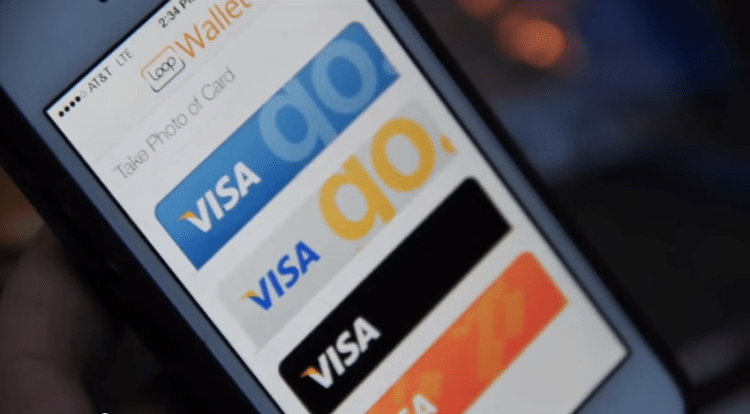Want smarter insights in your inbox? Sign up for our weekly newsletters to get only what matters to enterprise AI, data, and security leaders. Subscribe Now
In-store mobile payments are still a challenge, and even companies like PayPal are taking their time carefully figuring out how to combine software, hardware, and customers’ smartphones.
However, it looks like Visa is putting its money behind LoopPay, a company that makes mobile payments possible with the majority of existing point-of-sale (POS) terminals. The terms of the deal were not disclosed.
Unlike many of its competitors, LoopPay’s product does not require merchants to get a whole new set of hardware in order to accept mobile payments. LoopPay’s product uses a proprietary technology called Magnetic Secure Transmission (MST), which uses a secure chip to store and transmit data to existing POS terminals through a small low-cost inductive loop that can be embedded in a variety of devices, smartphones included.
LoopPay is also taking a two-way approach, both with software and hardware. Along with its own mobile wallet app, LoopWallet, which stores customers’ credit cards and loyalty cards, the company also has an SDK for third-party developers to use to create additional apps and broaden LoopPay’s reach.
On the hardware side, the company is currently making smartphone cases that enable phones to make and process payments through its technology. It just released the LoopPay ChargeCase for the iPhone 5 and 5s, which also boosts the phone’s battery life. Additionally, LoopPay makes a fob that people can use to swipe and upload all their cards into the mobile wallet.
This is certainly a very strategic investment on Visa’s part. The financial services giant recently announced VisaCheckout, an update on the V.me online payments products aimed at streamlining shoppers’ online checkout process and Visa’s clear attempt at owning online shopping. LoopPay seems like a fairly viable option to get merchants to adopt mobile payments since they don’t need to upgrade their entire POS system.
On the shopper side, the current options (the case) are a bit of an investment and much more expensive than a free download of a mobile app, but this could change, and merchant adoption could also influence this if it becomes widespread.
LoopPay recently announced that Synchrony Financial has also invested in it. The terms of the deal were not disclosed.
LoopPay was founded in 2013 by George Wallner and Will Graylin, and is based in Woburn, Mass. The company previously raised $10 million in equity funding from Beta Fund, followed by $3 million debt financing earlier this month.


